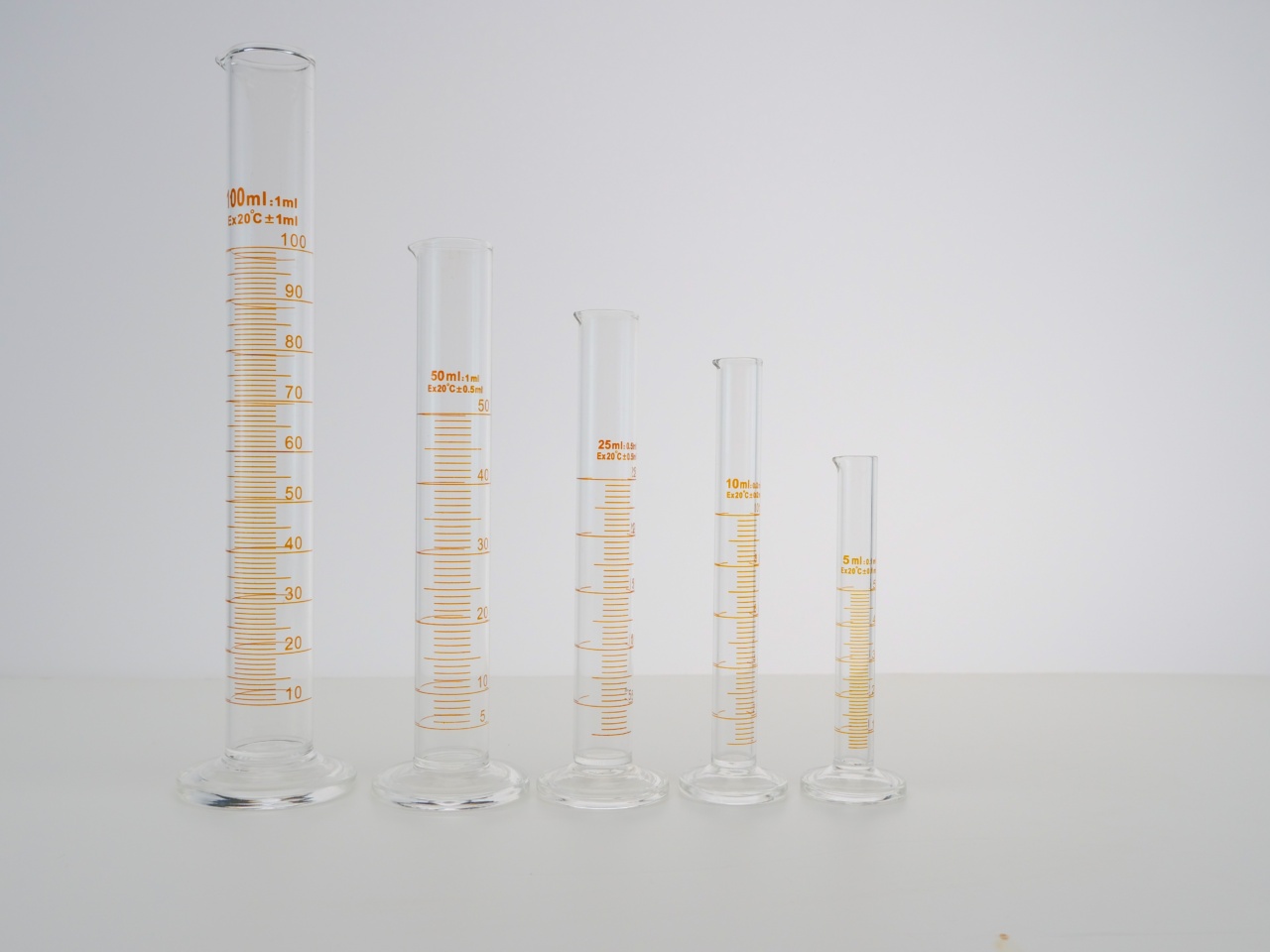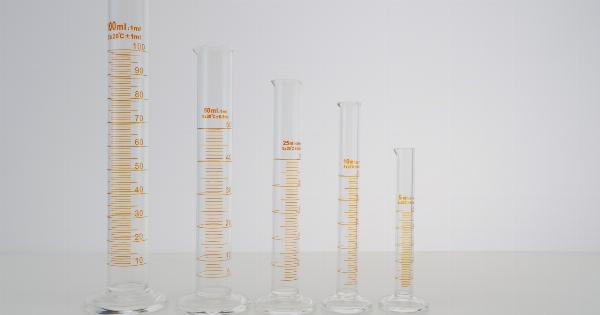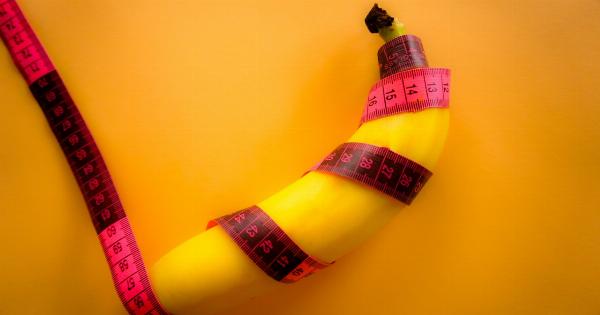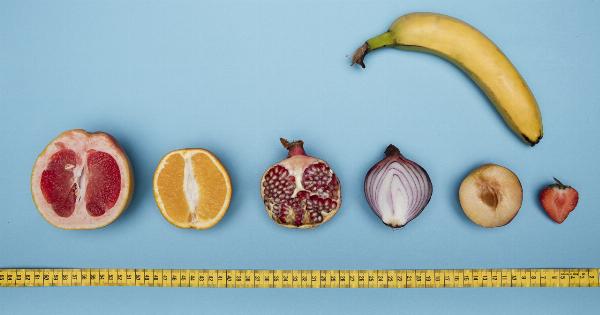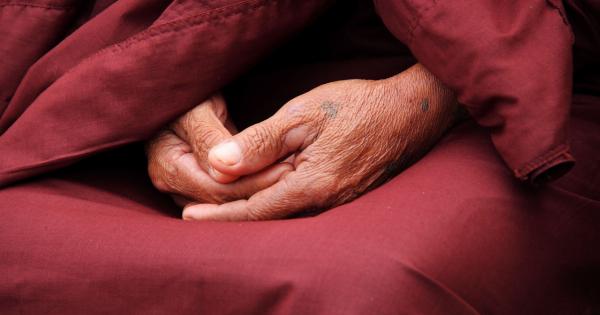The idea of average penis size has been a topic of debate for many years. Men often compare themselves to others, and some may worry that their size is not large enough.
Women, too, may wonder what an average size is, and what makes a penis too small or too large. In this article, we will examine what science says about penis size and what factors can impact genital size.
What’s the Average Penis Size?
Research studies have reported that the average penis size ranges from about 3 to 5 inches (7.6 to 12.7 centimeters) when flaccid, and from about 5 to 7 inches (12.7 to 17.8 centimeters) when erect.
However, it’s important to note that there is variation in penis size, and this can be influenced by different factors such as ethnicity, age, and body weight.
In many studies on penis size, participants are self-measuring their own penis, which may introduce some bias and measurement errors. Additionally, some studies may not have included men who have smaller or larger penises than average.
Does Penis Size Matter to Women?
One common myth is that a larger penis size brings more sexual pleasure to both men and women, but research on this topic is limited.
According to a study published in the Journal of Sexual Medicine in 2015, penis size was not a significant factor in women’s satisfaction during vaginal intercourse.
However, some women do report a preference for larger penis size. A study of 75 women published in PLOS ONE found that women preferred penis sizes that were just above average.
These preferences varied among women, and some preferred larger or smaller sizes.
What Factors Influence Penis Size?
Genetics: There is evidence to suggest that genetics plays a role in penis size. A study published in the Journal of Urology found that fathers and sons had similar penis size, suggesting a strong genetic component.
However, genetics is not the only factor that impacts penis size.
Hormones: Hormones such as testosterone play a role in penis development. During puberty, testosterone helps to develop the penis and testicles, and it continues to affect penis size throughout a man’s life.
Men with low levels of testosterone may have smaller penises than those with higher levels.
Body weight: A man’s body weight can also impact penis size. A study published in the British Journal of Urology found a correlation between body weight and penis size, with obese men having smaller penises on average than non-obese men.
Age: As men age, their penis size may change due to a decrease in testosterone levels and changes in blood flow.
Some men may experience a decrease in penis size as they age, while others may notice an increase in size due to penile fibrosis or other factors.
Do Penile Enlargement Products Work?
There are numerous products on the market that claim to enlarge the penis, such as pills, creams, and suction devices. However, many of these products have not been tested and do not have scientific evidence to support their claims.
Surgical procedures such as penis lengthening and girth enhancement are also available, but these procedures can be risky and may not lead to significant size increases.
It’s important to speak with a doctor before considering any form of penile enlargement therapy.
Conclusion
The idea of average penis size is a complex topic, and there are many factors that can impact genital size.
While many men and women may have preferences for larger or smaller penises, penis size is not the most important factor in sexual pleasure and satisfaction. It’s important to remember that every individual is different and that size does not define one’s masculinity or sexuality.
